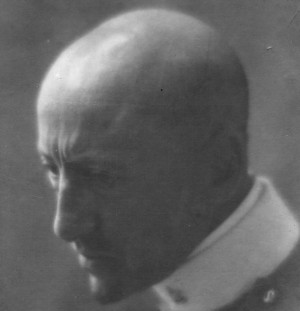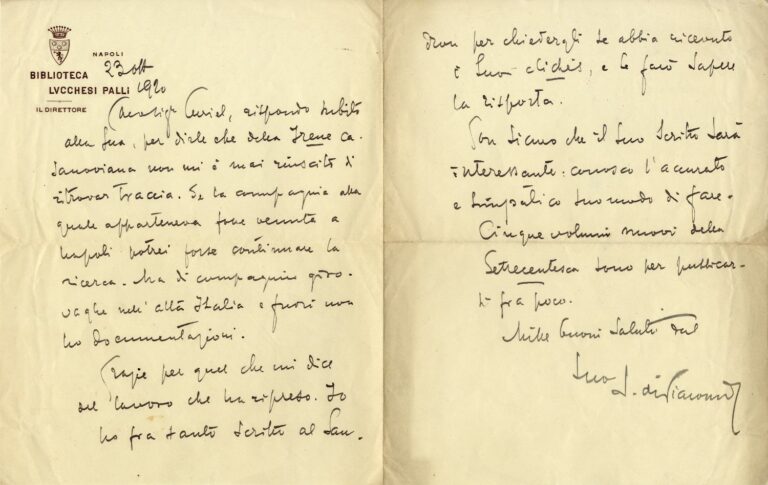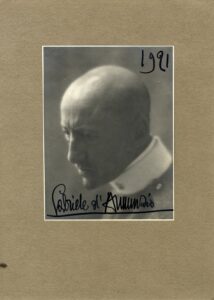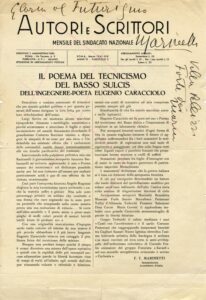GABRIELE D’ANNUNZIO
1863., Pescara - 1938., Gardone Riviera
RADOVI
Biografija

Italija
1915-1946
Gabriele D’Annunzio (rođ. Gaetano Rapagnetta D’Annunzio) bio je talijanski pjesnik, pisac, dramatičar i političar poznat po svom višestranom doprinosu talijanskoj književnosti i kulturnom životu u kasnom 19. i ranom 20. stoljeću.
Bio je ključan u oblikovanju talijanskog književnog krajolika tijekom razdoblja “dekadentizma”, krajem 19. i početkom 20. stoljeća, a koji karakteriziraju njegov esteticizam i istraživanje senzualnosti. Njegova književna karijera započela je djelima obilježenima gorljivim lirizmom, uključujući Primo vere (1879.) i Canto novo (1882.). Za ove rane književne kreacije dobio je pohvale kritičara zbog svog inovativnog i senzualnog jezika.
U kasnom 19. stoljeću, D’Annunziova književna potraga proširila se na prozna djela, poput autobiografskog romana Il Piacere (1889.), koji je istraživao teme hedonizma i težnje za ljepotom. Ovaj je roman označio prekretnicu u njegovoj karijeri, donijevši mu široko priznanje.
D’Annunziovo književno umijeće zatim se proširilo izvan proze te obuhvatilo i dramu. Isticao se u stvaranju simbolističkih i dekadentnih drama, sa zapaženim djelima poput La Gioconda (1899.) i La città morta (1898.), koji su osvojili publiku svojim bogatim simbolizmom i istraživanjem ljudske psihe.
Osim njegovih književnih doprinosa, D’Annunzijev život bio je obilježen njegovim aktivnim sudjelovanjem u politici, osobito tijekom burnog razdoblja nakon Prvog svjetskog rata. Možda je najpoznatiji po okupaciji Fiume (danas Rijeka, Hrvatska) 1919., gdje je proglasio grad samostalnom državom i njime upravljao kao njezin vođa. Ova epizoda u njegovom životu, poznata kao „Ekspedicija na Fiume”, odražavala je njegov vatreni nacionalizam i želju za „velikom Italijom”.


